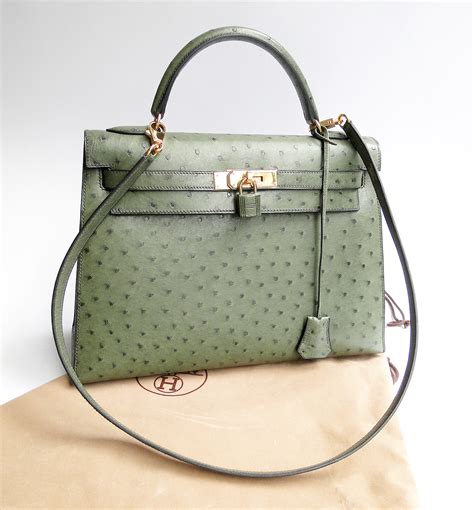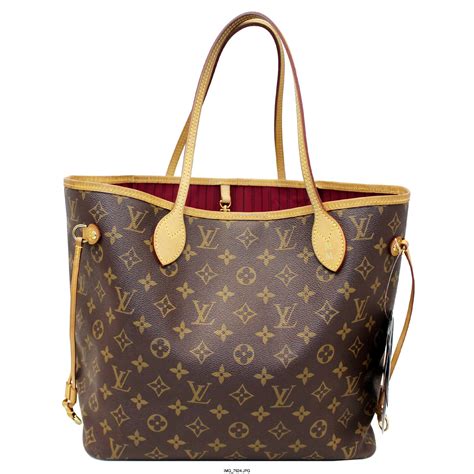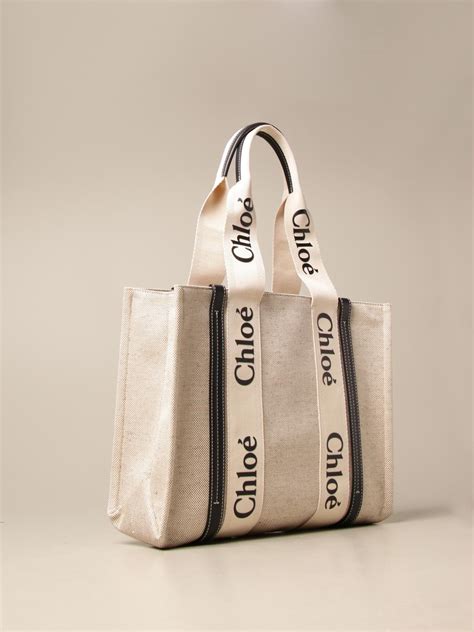rolex van der gijp | Straf overvallers René van der Gijp en Nikkie de Jager bekend
$211.00
In stock
René van der Gijp, the former professional footballer and now beloved (and often controversial) television personality in the Netherlands, has become synonymous with a certain brand of outspoken honesty and down-to-earth humor. He’s known for his insightful commentary on football, his self-deprecating jokes, and his surprisingly astute observations on life. Ironically, a symbol often associated with the opposite of humility – the Rolex watch – has also become inextricably linked with his name, not necessarily by choice. This connection speaks volumes about the changing landscape of Dutch celebrity, the increasing vulnerability of public figures, and the complicated relationship the public has with wealth and its display.
The story of René van der Gijp and Rolex watches is a multifaceted one, woven with threads of personal experience, public commentary, and a growing societal concern about crime targeting the affluent. It’s a story that forces us to consider the risks associated with flaunting wealth, the psychological impact of being a victim of crime, and the responsibility of public figures in a world saturated with social media and increasingly brazen criminal activity.
The Advisory Role: "Stop Met Jullie Rolex"
In recent years, René van der Gijp has taken on an unlikely role: advisor to fellow celebrities on the perils of publicly displaying their wealth, particularly through luxury items like Rolex watches. His advice, delivered in his characteristic blunt and straightforward manner, is simple: "Stop met jullie Rolex." He argues that these displays of affluence make them targets for criminals, essentially painting a bullseye on their backs.
This advice stems from a place of personal experience. Van der Gijp himself was the victim of a violent robbery, an experience that profoundly impacted him. The trauma of that event, coupled with the increasing frequency of similar incidents targeting other Dutch celebrities, has led him to speak out repeatedly, urging his peers to be more discreet about their possessions.
His message is not one of envy or resentment. It’s a message of pragmatism and concern. He understands the allure of luxury goods, the desire to celebrate success, and the visibility that comes with being a public figure. However, he believes that the risks associated with openly flaunting wealth far outweigh the benefits, especially in a society where economic disparities are increasingly visible.
He often emphasizes the importance of avoiding ostentation. In his view, owning a Rolex is not inherently wrong, but broadcasting its existence to the world is a different matter entirely. He believes that discretion is key and that celebrities should be mindful of the message they are sending through their public image. He’s essentially advocating for a more low-key approach to wealth, a return to a more understated form of success that doesn’t actively invite unwanted attention.
The Overval and the Unexpected Encounter
The robbery that Van der Gijp experienced was a harrowing event. The details, though not always publicly disclosed in full, paint a picture of a terrifying intrusion into his personal life. It’s an experience that no one should have to endure, regardless of their financial status or public profile.
What sets Van der Gijp apart is his reaction to the event. He didn't simply retreat into victimhood or seek retribution. Instead, he took a remarkably empathetic and unconventional approach: he visited his overvaller (assailant). This act, while surprising to many, speaks to Van der Gijp's complex character and his willingness to engage with difficult situations on a human level.
The details of this meeting are largely private, but it's understood that Van der Gijp sought to understand the motivations behind the crime. He wanted to know what led the perpetrator to commit such a violent act and whether there was any remorse. This willingness to confront his attacker, to humanize him even after being victimized, is a testament to Van der Gijp's unique perspective on life.
It’s a gesture that challenges conventional notions of justice and forgiveness. While he undoubtedly supports the prosecution of the criminals involved, his willingness to engage with them on a personal level suggests a belief in the possibility of rehabilitation and understanding. It's a powerful statement about the importance of empathy, even in the face of extreme adversity.
Reacting to the Zahavi Robbery: A Growing Trendrolex van der gijp
The robbery of the family of Pini Zahavi, a prominent football agent, further solidified Van der Gijp's concerns about the vulnerability of high-profile individuals. This incident, along with other similar cases, highlighted a disturbing trend: a rise in brazen robberies targeting celebrities and wealthy individuals.
Van der Gijp's reaction to the Zahavi robbery was one of concern and frustration. He saw it as further evidence that the problem was escalating and that more needed to be done to protect public figures. He reiterated his advice to celebrities, urging them to be more cautious about their public image and to avoid drawing unnecessary attention to their wealth.
He also expressed concern about the psychological impact of these crimes on the victims. He understood firsthand the fear and anxiety that these events can generate and the long-term effects they can have on a person's sense of security. He emphasized the importance of providing support and resources to victims of crime, particularly those who are in the public eye.
"Je Klokkie of Je": The Escalation of Violence
Additional information
| Dimensions | 9.1 × 4.7 × 3.9 in |
|---|









